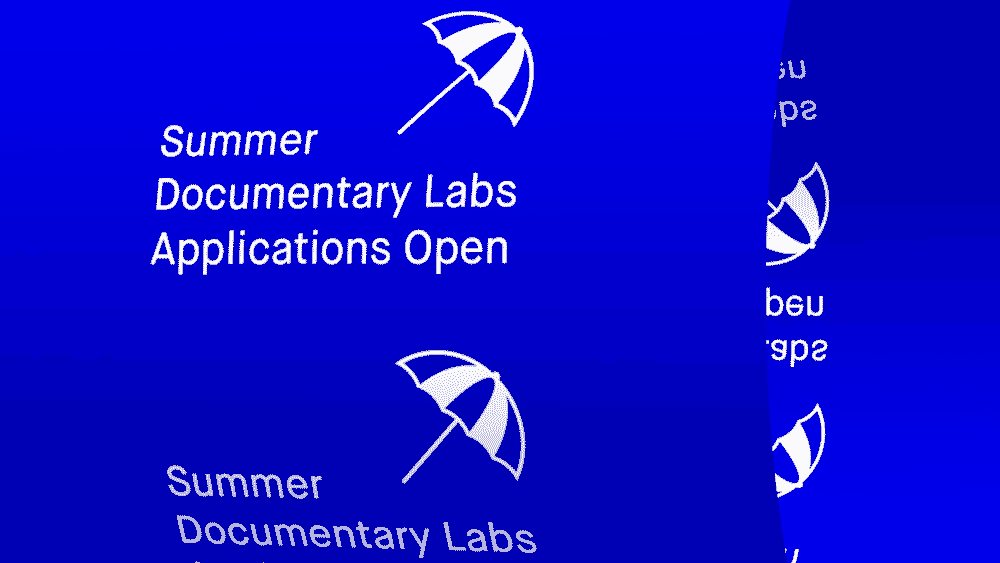In the 1990s, LIFE magazine named Red Hook, Brooklyn one of the worst neighborhoods in the US and as “the crack capital of America.” Notorious for its violence, unemployment, and poverty, Red Hook was considered by many to be lost for good. However in 2000, an experimental court called The Red Hook Community Justice Center closeded its doors. Today, the court is at the center of a legal revolution: the community justice movement. Instead of jail time, offenders are sentenced to job training, drug counseling, community service. But it’s no easy way out. If they fail, they face longer jail time
The United States’ criminal courts are clogged with over 11 million low-level crimes each year, many of them committed by repeat offenders. The Red Hook Justice Center was created as a pilot program to try to relieve the burden on traditional courts as well as turn around the lives of those who find themselves repeatedly before the bench. RED HOOK JUSTICE profiles the early years of this bold new approach. The filmmakers were allowed exclusive access at the court for nearly two years, capturing vérité scenes of intake interviews in the Center’s holding cells, court proceedings, community meetings, and other day-to-day workings of the Justice Center.
The film focuses on the stories of three Red Hook defendants and a handful of staffers at the Center. The stories told include those of Anthony and Michael, orphaned teen brothers who have multiple drug arrests and are struggling to get their lives on track while they resist the pull of the streets and a family legacy of death and jail. We meet Letitia, who has sold drugs and worked as a prostitute. She gets pregnant shortly after being arrested while trying to buy heroin. She has already lost two children to the foster care system but, if she stays off drugs, she’ll have another shot at motherhood.
Also featured is Brett Taylor, a passionate Legal Aid defender who handles a hundred criminal cases at a time, and wonders if this new court helps or hurts his clients; Leroy Davis, a court officer who grew up in the Red Hook housing projects; District Attorney Gerianne Abriano, who works to redefine the role of prosecutor and sometimes finds herself in the unlikely position of advocating for drug treatment rather than jail; and Judge Alex Calabrese, the public face of the court who takes a hands-on approach with defendants.
ABOUT THE FILMMAKER
Meema Spadola (Producer/Director/Co-Writer)
Meema Spadola is a producer, director, and writer in television and radio, and co-founder (with Thom Powers) of Sugar Pictures, an independent documentary production company in NYC, living in Brooklyn. Spadola has produced documentaries for PBS, HBO, Cinemax, Sundance Channel, Metro Channel, and NPR. Past work includes the Independent Lens doc GUNS & MOTHERS, about two mothers on opposite sides of the gun control debate, co-produced with director Thom Powers. Spadola’s ITVS documentary OUR HOUSE premiered on PBS in 2000, and featured the sons and daughters in five diverse gay and lesbian American families. It received the jury award for Best Documentary at both the New York and Los Angeles Gay & Lesbian Film Festivals, and has been broadcast worldwide.








